
Aerial view looking south, with the Zamalek and Gezira districts on Gezira Island, surrounded by the Nile
Zamalek (الزمالك, Egyptian Arabic: [ezːæˈmæːlek]) is a district of central Cairo encompassing the northern portion of Gezira Island in the Nile River. The island is connected with the river banks through three bridges each on the east and west sides of the island, including the Qasr al-Nil Bridge and 6th October Bridge. It has witnessed many phases of growth affected by many economic and political currents which has led to a crowding of parts of the island including great reductions in the Zamalek district's open green areas, but with a large greenbelt across the island's middle defining the two districts.
A Boat on the Nile in the Zamalek area
History
Under Khedive Ismail the Island was called "Jardin des Plantes" (Garden of Plants), because of its great collection of exotic plants shipped from all over the world. French landscape designer De la Chevalerie designed the island's landscape plan, gardens, and plant nurseries. On the east shore a kiosk was built for attending the island and supervising its development.
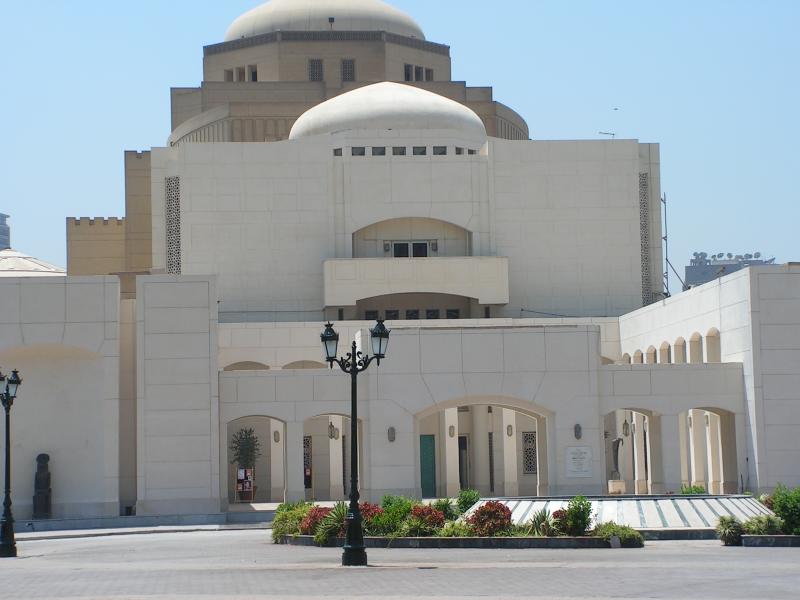
Gezira Island is home to the Cairo Opera House
The kiosk was replaced in 1869 with the Gezirah Palace, a U-shaped summer mansion, which was designed by Julius Franz Pasha and decorated by Karl Von Diebitsch. The palace was built and first used for guests attending the 1869 opening of the Suez Canal.Emperor Franz Josef I of Austria and Eugénie, Empress of the French were some of the noble guests of the palace. Today the Gezira Palace is the central part of the Cairo Marriott Hotel, with its rooftop having an open-air theatre facing the Nile.
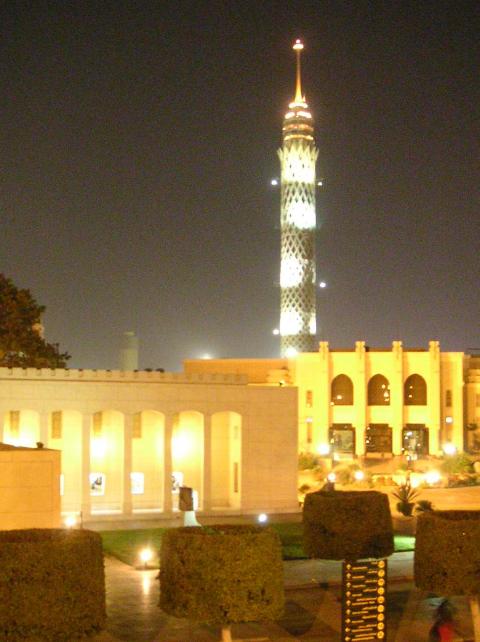
The Cairo Tower and Opera Square at night
Other palaces were also built in Zamalek, including Prince Sa'id Toussoun's palace, which is now a branch of the Council of Ministers, and Prince Amr Ibrahim's palace (1924), which is now the Museum of Islamic Ceramics.In 1882 the Gezira Sporting Club was built in the southern region of the island. Later a water garden known as the "Grotto Garden," with a rare collection of African fish, was built by British Captain Stanley Flower in Zamalek.
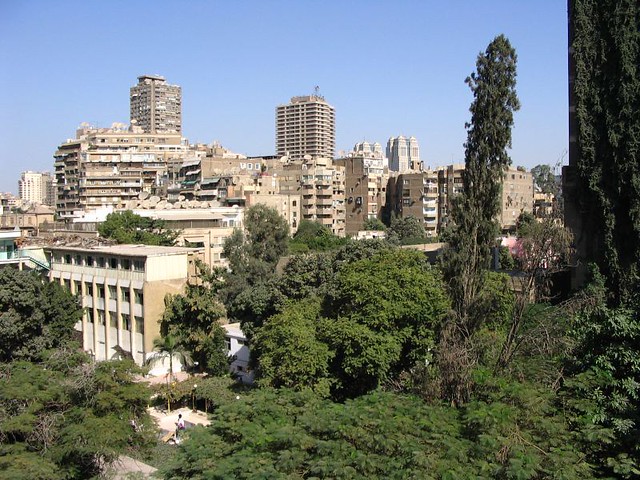

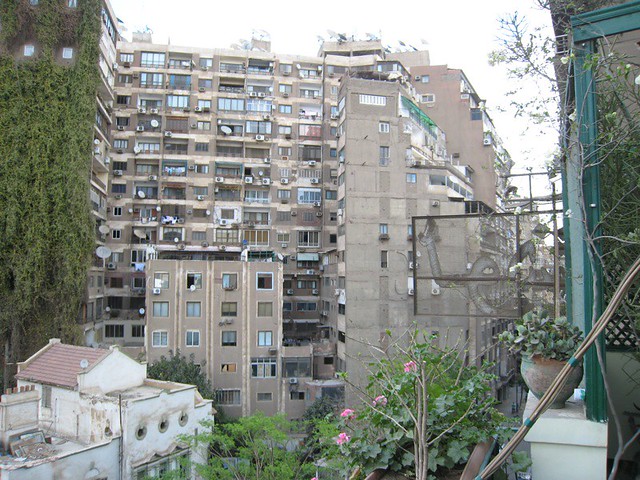


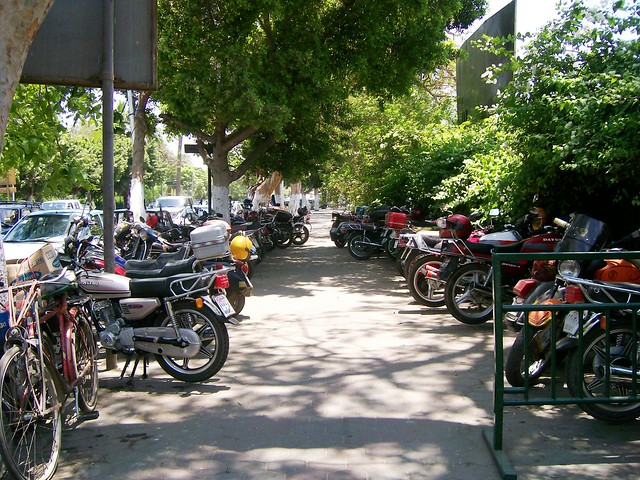



 07:52
07:52
 homesweethome
homesweethome

 Posted in:
Posted in: 









0 意見:
Post a Comment